IAC professor and researcher OIiveiro Guerreiro Filho, responsible for the experiment, says the Coronavirus pandemic has delayed field visits
After water, coffee is the most consumed beverage in the Western world. In the East, it takes second place, after teas. Originally from Ethiopia, in Africa, it has numerous varieties, such as Mundo Novo, Catuaí, Laurina, etc. If we make an analogy with wines, the way it is prepared, the terroir, the vine, among other characteristics, allows each bottle of wine produced to have completely different characteristics from one another. The same happens with coffee. In Brazil, there are two cultivated species of coffee: Arabica, with 75% of production and Canephora, with 25%.
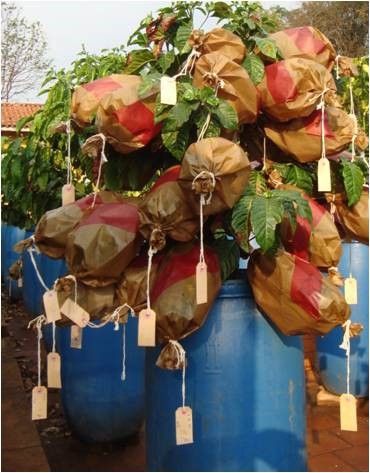
The IAC is considered to be the most important coffee research center in the world, and 126 Arabica coffee cultivars are recorded in its annals alone. The IAC launched a rootstock Canephora cultivar in 1987 for cultivars susceptible to Arabica coffee. This cultivar is called Apoatã IAC 2258, which is resistant to these pests.
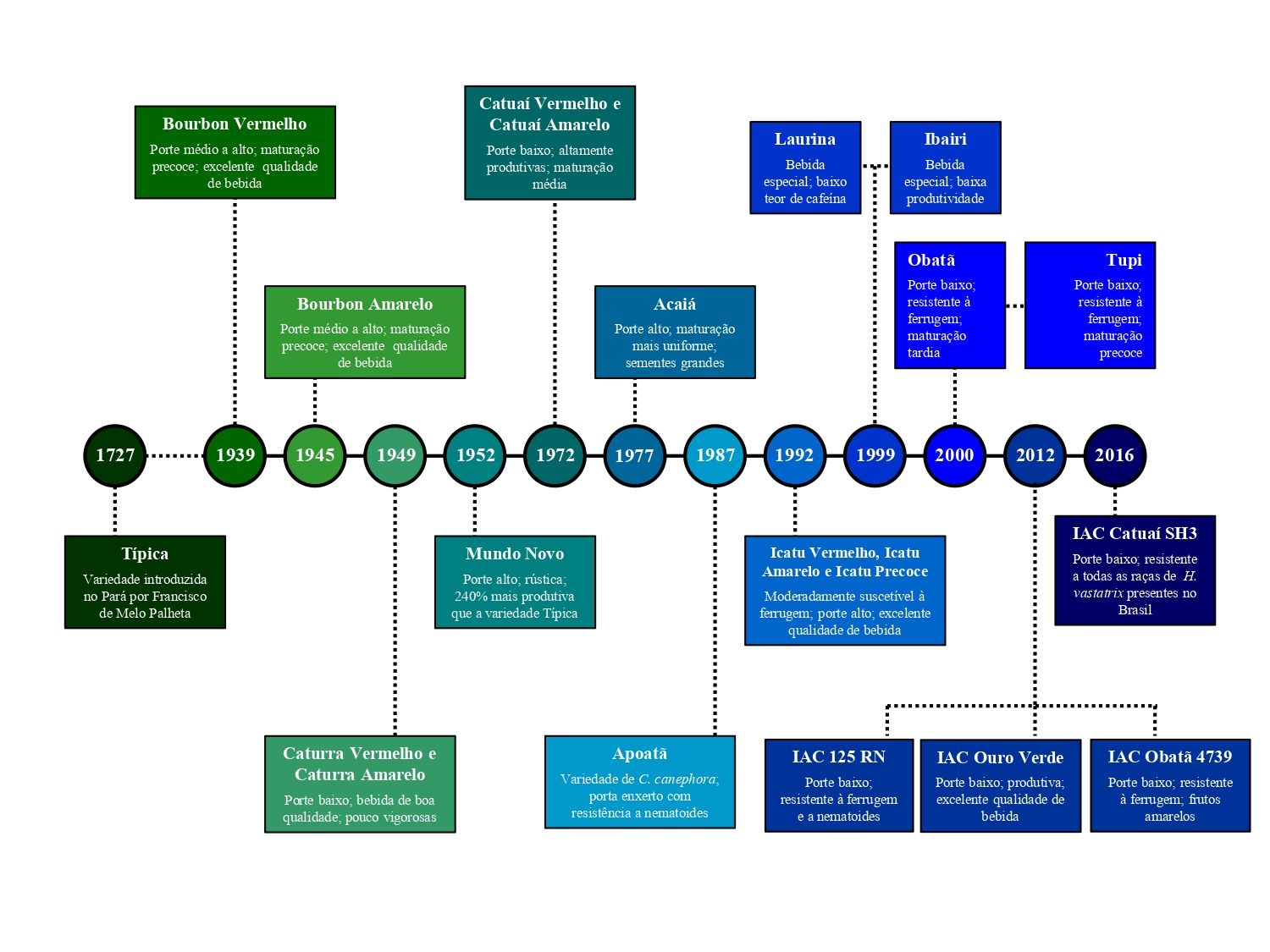
Credit: Oliveiro Guerreiro Filho, professor and researcher at IAC
The vast majority are susceptible to a soil pest called nematode, the coffee parasites. “When people buy their coffee at the point of sale, few know the long process of coffee research and production. The vast majority, for sure, are unaware of all the research and time devoted to get the final product in the cup.”
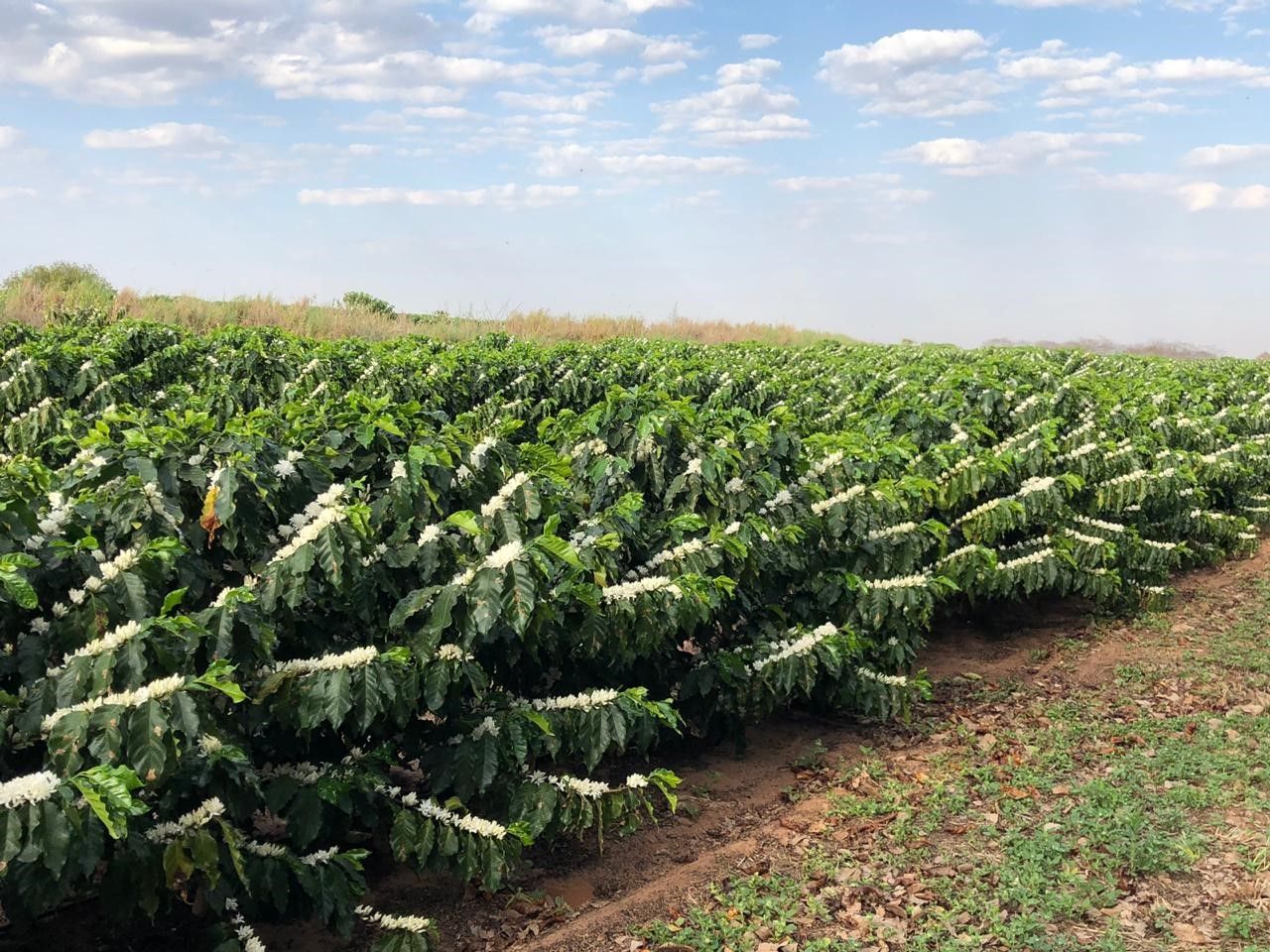
But believe me: it takes about 25 years to develop a new coffee cultivar. And two or three more years for the plant to start bearing fruit,” explains researcher Oliveiro Guerreiro Filho, responsible for studying a new rootstock made up of clones with multiple resistance to different nematode species, a soil pest that attacks the roots of coffee, compromising the plant’s vegetative and reproductive development, leading to a reduction in crop productivity and a drop in the price of the grain (commodity). “Weakened coffee plants are less productive and their fruits and beans are smaller, with lower market value. The grower often coexists with the problem, by having a permanent partner who takes an important part of the productivity,” explains Oliveiro.
Now, the researcher is coming to the conclusion of a new rootstock consisting of clones with multiple resistance to different nematode species. This new rootstock will be used in the planting of cultivars of Arabica coffee canopies (the most used in Brazilians’ homes), which are susceptible to the three nematode species.
A new coffee cultivar can take up to 30 years to create
Oliveiro also explains that the species Coffea Canephora was used for the new rootstock, which has simultaneous resistance to some root-knot nematodes species.
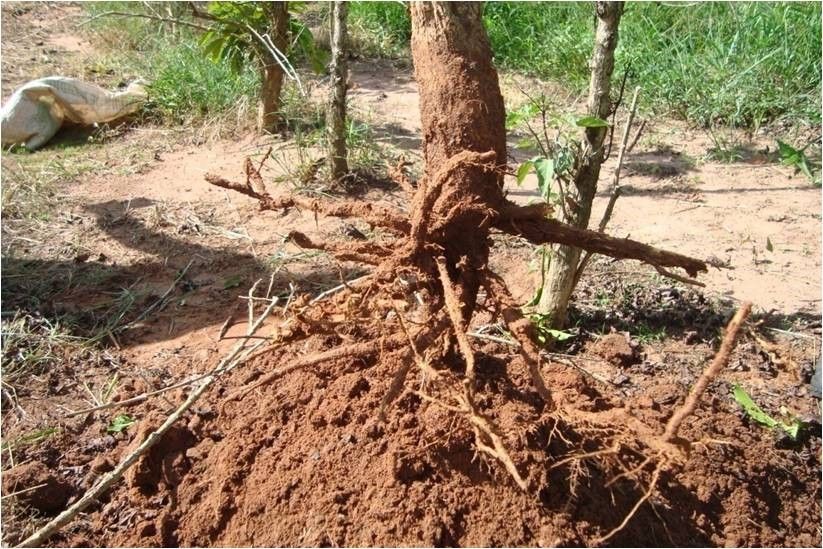
A rootstock that is tolerant or resistant to nematodes is extremely important, given the difficult control of the problem. “In severe cases, especially those related to the incidence of root-knot nematodes, cultivation ends up being eliminated,” says Guerreiro. As the eradication of the plague is practically impossible, the plants are slowly dying and the “reboleiras”, which are soil spots where plants with symptoms are observed, are increasing in the crops.
The research is not yet concluded and is in the stage of characterization of the clones from the minimum descriptors for the coffee plant. The next steps will be to register the new material and protect it with the Ministry of Agriculture, Livestock and Supply (MAPA), in addition to the vegetative multiplication intended for the implementation of seed production fields.
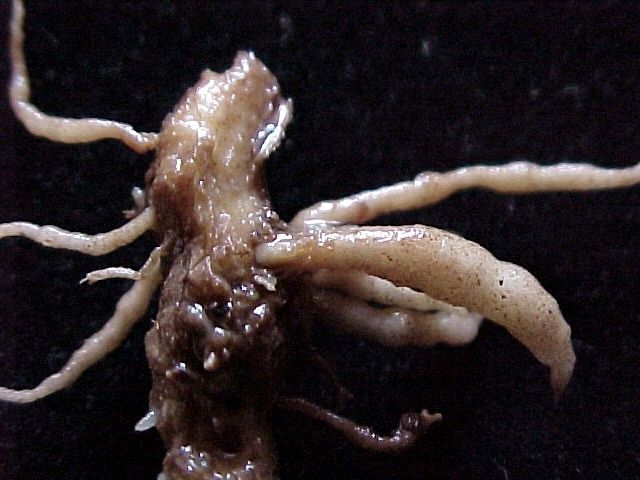
“In fact, this research was started 40 years ago, with the participation of some producers and nurserymen, under the responsibility of the agronomist Wallace Gonçalves, who retired in the middle of the work. It is a great honor for me to continue this exceptional research,” he concludes.
The research is financed by the Brazilian Coffee Research and Development Consortium, the Council for Scientific and Technological Development (CNPq) and the São Paulo Research Foundation (FAPESP).
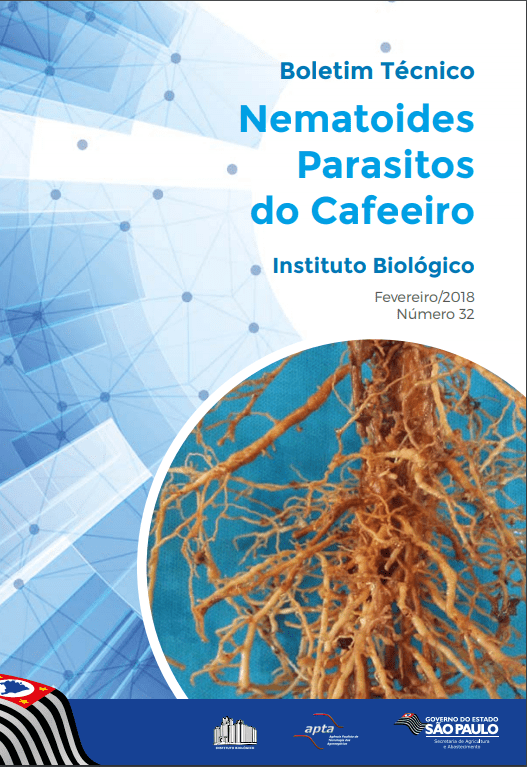
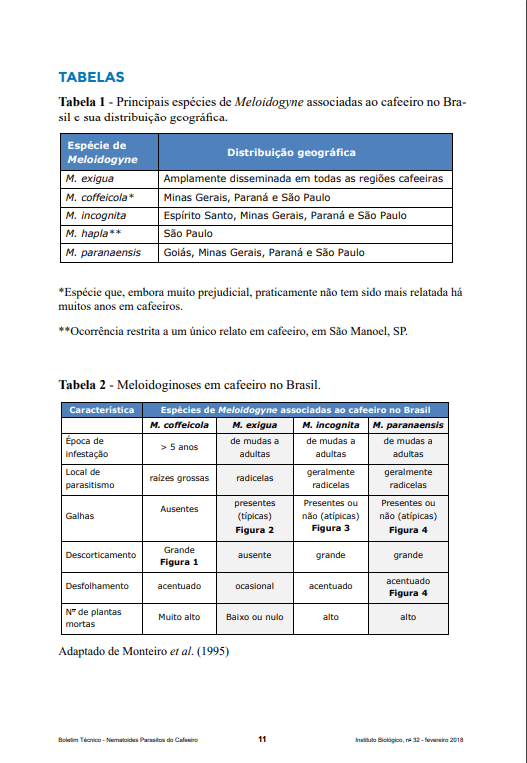
Listen to the Podcast of the interview with researcher Oliveiro Guerreiro Filho




2 Comments
Like!! Really appreciate you sharing this blog post.Really thank you! Keep writing.
Thanks!